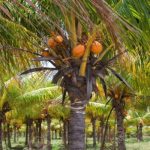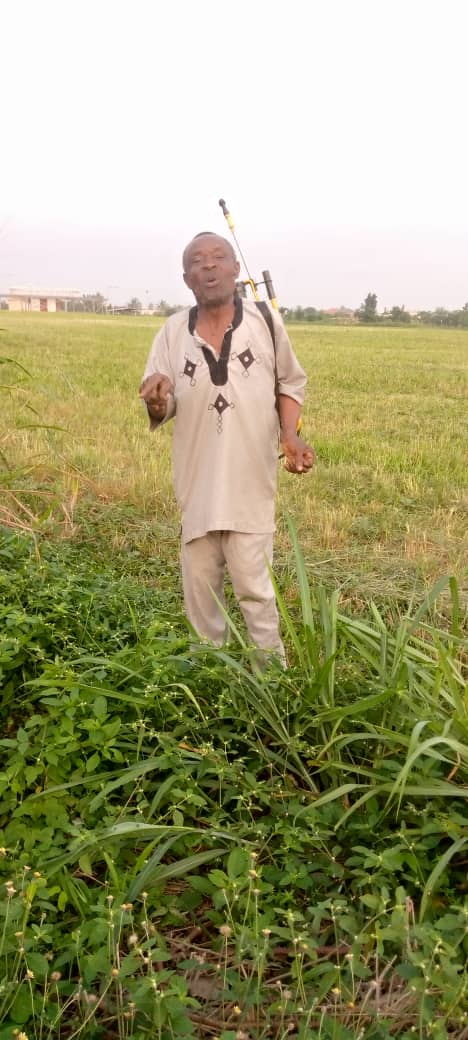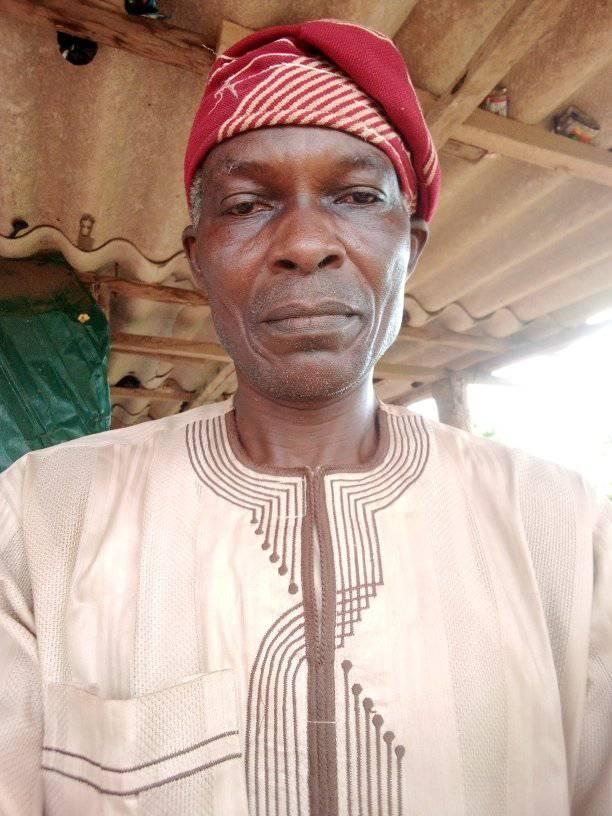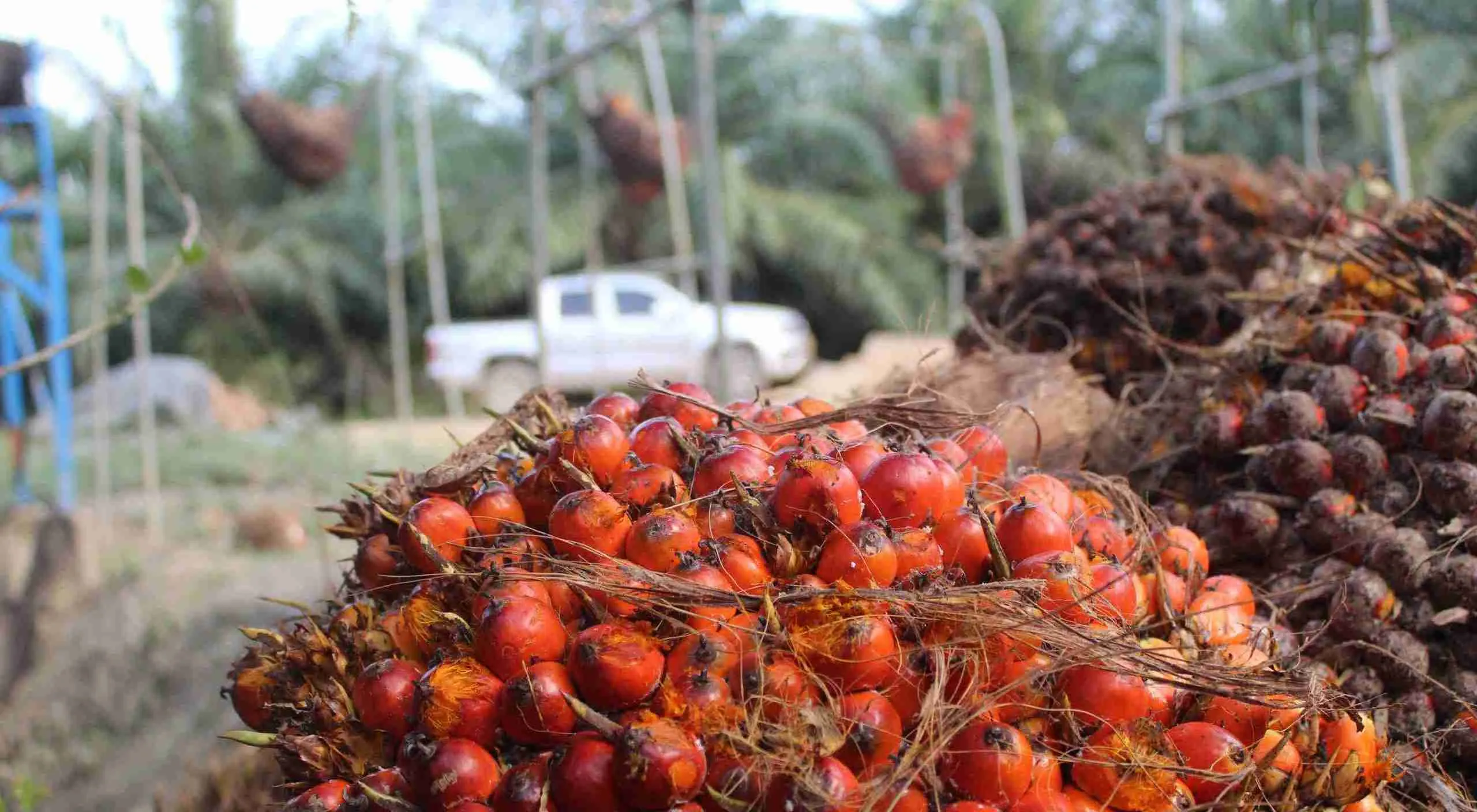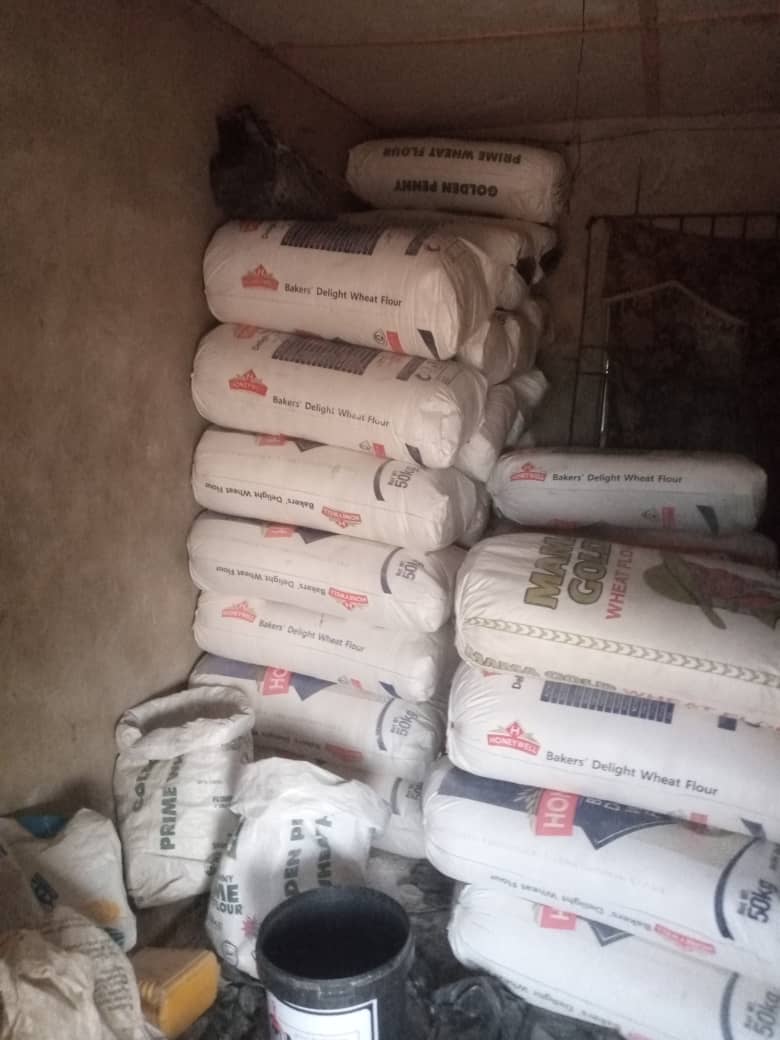By the time he started out as a farmer he was sufficiently interested and learned about the art of farming that it would be wrong to say he went in out of sheer necessity or because he had no options. Yes, he took up a job on a farm when it was becoming difficult to get employment, shortly after he concluded his national service. But by the time he became a farmer himself he had no doubt that he was on his sure ground.
In the over three decades that he has been in the business of agriculture he has had good stories to tell, of success and impartation of knowledge. He has also successfully adapted to situations when occasions called for it. Within that space of time, he has also learnt many things about the challenges of the farmers and how much impact the government policies may have had on them.
In this interview, Olanrewaju Fatai Ibrahim,

a 1986-graduate of Philosophy from the prestigious University of Ife, now Obafemi Awolowo University, Ile-Ife, bares his mind on many things about farming, government policies, officials implementing the policies, and what shapes the results come out of the often-advertised government interventions. This is the third in the series of the interview with Olanrewaju. In this excerpt he tells us about the challenges faced by the farmer, and how officials of government often frustrate the little efforts of governments at mitigating the problems. He expresses sadness that hitherto thriving companies in Nigeria are folding up because the environment had become so hostile to business and companies that were using agriculture products could no longer continue because farmers who are supposed to provide the raw materials have either abandoned the farms due to the spate of insecurity, lack of support from the government, unsavoury activities of officials and the proliferation of fake agro-chemicals. Happy reading:
In our earlier discussion, you said farmers are the most organized group of people?
Yes, they very much organized.
Is it not surprising that farmers still have serious challenges on how to make their business less stressful? What is the farmers union doing to ameliorate these challenges?
The farmers are doing so much. In Nigeria they believe that people who are farming are basically illiterates. The understanding of a government official is that the farmer he wants to deal with does not know anything. Even to the chagrin of people like us who are educated; same thing for these half-baked bankers and the non-performing government officials coming to breathe down the neck of farmers. They see farmers as the dregs of the society, people who are the never-to-do-wells. (Their assumption is that only the wretched go into farming). Except for a few of us, who know our onions. If govt says you are entitled to fertilizers, the official that is supposed to give you that fertilizer would create one impediment or the other so that he can now sell the fertilizers outside the farmers that the fertilizers are meant for, and probably to make money.
If govt says you are entitled to fertilizers, the official that is supposed to give you that fertilizer would create one impediment or the other so that he can now sell the fertilizers outside the farmers that the fertilizers are meant for…
Because govt itself is not serious about protecting farmers, most of the policies they tell you they make are just lip service promises, what they are in for they know is agriculture and that they can always manipulate things in agriculture hence the reason you find them voting billions of naira that will not reach anywhere that will get to the farmers. The farmers are well organized. During the election when they need the farmers you see them communicating with the farmers. If they are not organized, how will they get them?
I asked the question because of what you told us about the anchor borrowers programme. I am wondering, couldnt the farmers’ union do something about it?
Since my years in farming with my consultancy experience, 1992 till date, am still in farming and I dont see myself quitting farming because it has become part of me. Like last year I lost money from pepper and cassava plantation because of the excessive rainfall. We assume nobody is ready to help you. The reason for the anchor borrowers programme was to start a kind of hub for cottage industries where what farmers are planting can be converted and have value chains. For instance, from cassava being processed into starch, cassava flour and others. Despite all that even if you have your farm, you plant and harvest, the process of taking out your produce from the farm is a challenge. Companies that are supposed to be the undertakers of these farm produce have problems themselves. A big Chinese company around Onigbedu, a location very close to Dangote cement factory in Ogun state was taking lots of cassava until recently when price of diesel became a big problem because they depend on diesel to power their equipment. I hope that the company has not closed down.
What?
Yes, they could have closed down now. In fact, apart from diesel being out of reach, at a point in time, they could not get enough cassava to service their plant. The farmers are not encouraged at all, yet the weather (was also not favourable for the growth of the plant). And again most of the chemicals we buy are fake. Some of the fertilizers you use in your farm, you dont see the result. There are so many things affecting the farmers. Most farmers have more confidence in poultry manure than buying chemical fertilizers. Most of the chemicals, insecticides, herbicides are fake products. So many problems are working against the farmers.
There are so many things affecting the farmers. Most farmers have more confidence in poultry manure than buying chemical fertilizers. Most of the chemicals, insecticides, herbicides are fake products.
Are we going to continue like this?
Well, I wouldnt know, maybe when we get to a level that its difficult for everybody to get food to eat., maybe we know that farming is more important than any business. Because if the likes of (late Chief Obafemi) Awolowo (premier of the defunct Western Region) had not taken farming seriously, the Yoruba land would not have been at the level at which we are today. At a point in time in Nigeria the foreign exchange earner for Nigeria then were farm produce. (That is history now. Our new leaders talk about industrialisation.) But a country that cannot take good care of its farmers can never talk about industrialization. The base of industrialisation starts from the agro-allied. Sometimes you hear that our soldiers fighting terrorist did not get food to eat. Should that be the case?
The Awolowo government started well in the Western region, where did we miss it?
We missed it because there is a lot of corruption and farming is not a job that will give you unearned wealth; its a wealth you sweat for. So now that the issue of buying foreign exchange to resell will give you profit, or bank say you can fix your money, or you go to the stock exchange and the petro-dollars that makes everybody not to respect the farmers again. There are lots of loopholes in the country where people get cheap money and thats the reason why we are having a big problem. Look at the companies in Nigeria now, are they not folding up and going away from Nigeria because some of them cannot get their raw materials at the local level.
Look at the companies in Nigeria now, are they not folding up and going away from Nigeria because some of them cannot get their raw materials at the local level. Even where the firms want to try to have their raw materials locally, they still run into big problems…
Even where the firms want to try to have their raw materials locally, they still run into big problems, which me as an average farmer run to. In those days Coca cola Bottling company had big plantation at Asejire in Oyo state where they have their Tangelos and Oranges plantation, which they use to produce natural drinks like Fanta. Fanta of those days were purely tangerine. Where are they now? AG Leventis had their plantation as far as Agenebode where they were turning out good pineapples for export. Where are they now? Even Okomu oil palm, see the problem they are facing now. It is multidimensional because the govt is not paying adequate attention to farming.




